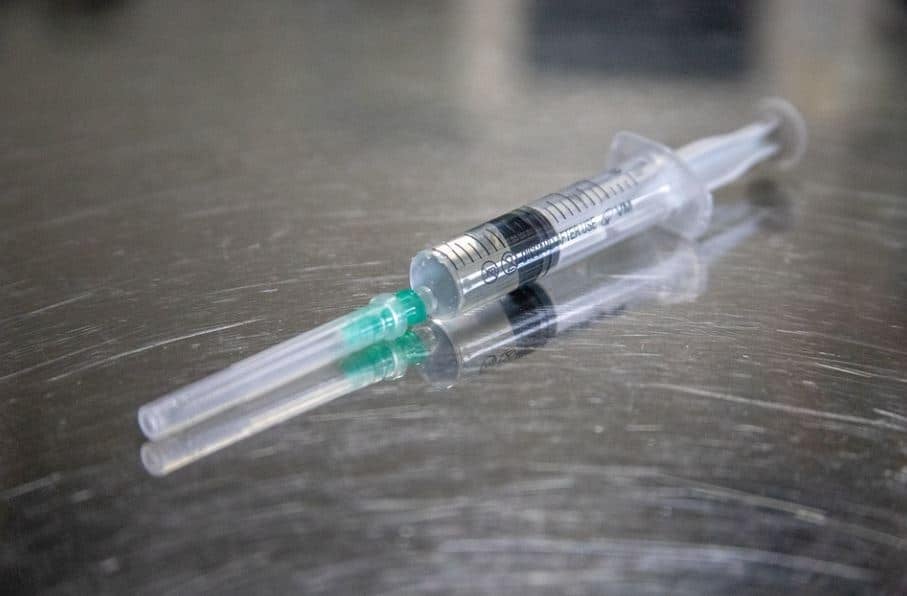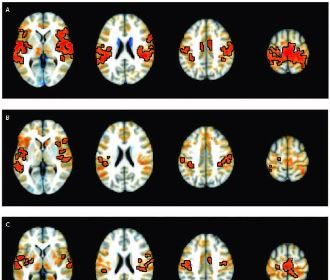NIH Successfully Tests Temperature-Stable TB Vaccine

WASHINGTON — A temperature-stable, experimental tuberculosis vaccine has been found safe and effective in a clinical phase 1 trial involving healthy adults conducted by the National Institute of Allergy and Infectious Diseases.
A non-temperature stable form of the candidate previously had been tested in several clinical trials. However, this was the first clinical trial of any subunit TB vaccine candidate in a temperature-stable (thermostable) form.
The results of the trial were initially published in the journal Nature Communications.
The experimental vaccine, ID93+GLA-SE, was developed by Christopher B. Fox, Ph.D., and scientists at the Access to Advanced Health Institute (formerly the Infectious Disease Research Institute) in Seattle, Washington.
It is a recombinant subunit vaccine made from four proteins of Mycobacterium tuberculosis bacteria combined with GLA-SE, an immune-stimulating adjuvant.
Thermostable vaccines are desirable in settings where maintaining cold or frozen vaccines for long periods can be costly and difficult.
In this case, the freeze-dried formulation does not require refrigeration and is mixed with sterile water just prior to injection.
The current trial investigated whether administering temperature-stable vaccines containing both ID93 and GLA-SE in a single vial would be as effective at inducing an immune response as a regimen in which non-thermostable ID93 and liquid GLA-SE are held in two vials and combined prior to injection.
A single-vial presentation of a thermostable vaccine would have clear advantages in ease of storage, transport and administration, the investigators said.
During the trial, 23 participants received the thermostable single-vial regimen, while 22 participants received the two-vial, non-thermostable regimen. Both vaccine presentations were safe and well-tolerated.
Recipients of the single-vialled thermostable vaccine had robust T-cell responses and produced higher levels of antibodies in the blood than those receiving the non-thermostable two-vial presentation.
The investigators did note a few limitations in this small trial.
For example, no established correlates of protection define what immune responses are required for vaccine-induced protection from TB disease. Therefore, it is not possible to say whether the enhanced immune responses seen in the thermostable vaccine formulation would translate to improved protective vaccine efficacy.
Nevertheless, they concluded, results of this trial demonstrate “a proof-of-concept that adjuvant-containing vaccines can be formulated in a freeze-dried single-vial presentation without detrimentally impacting clinical immunogenicity or safety characteristics.”
Dan can be reached at [email protected] and at https://twitter.com/DanMcCue
























